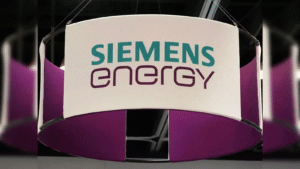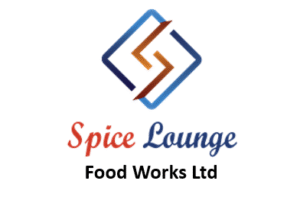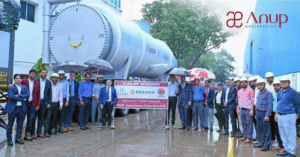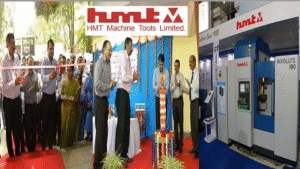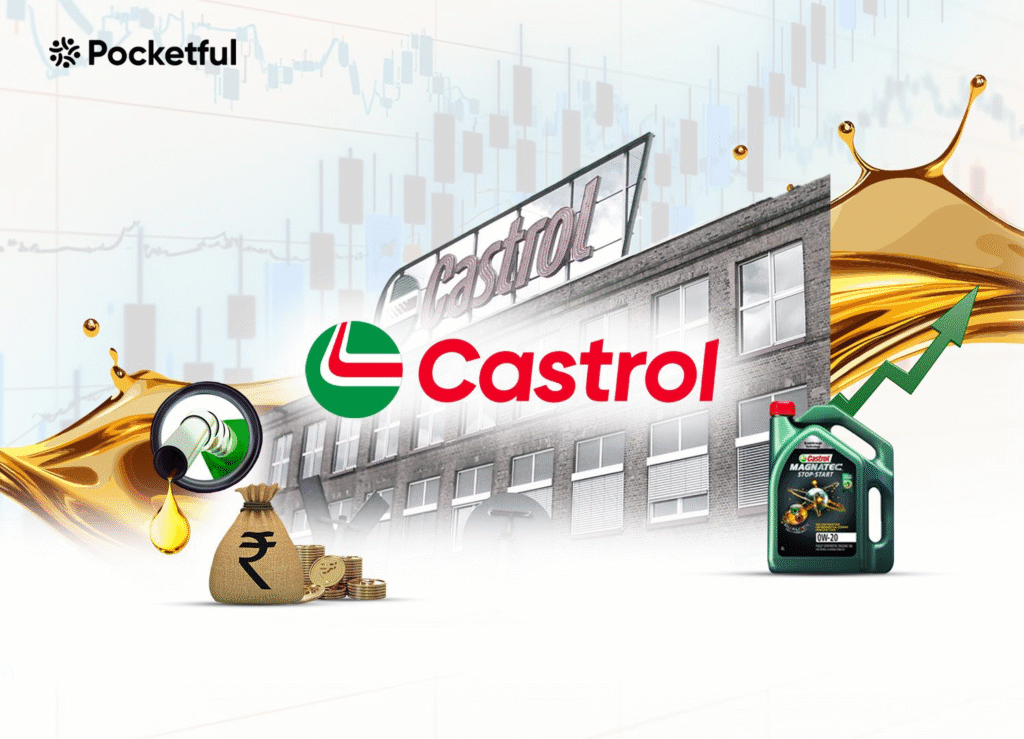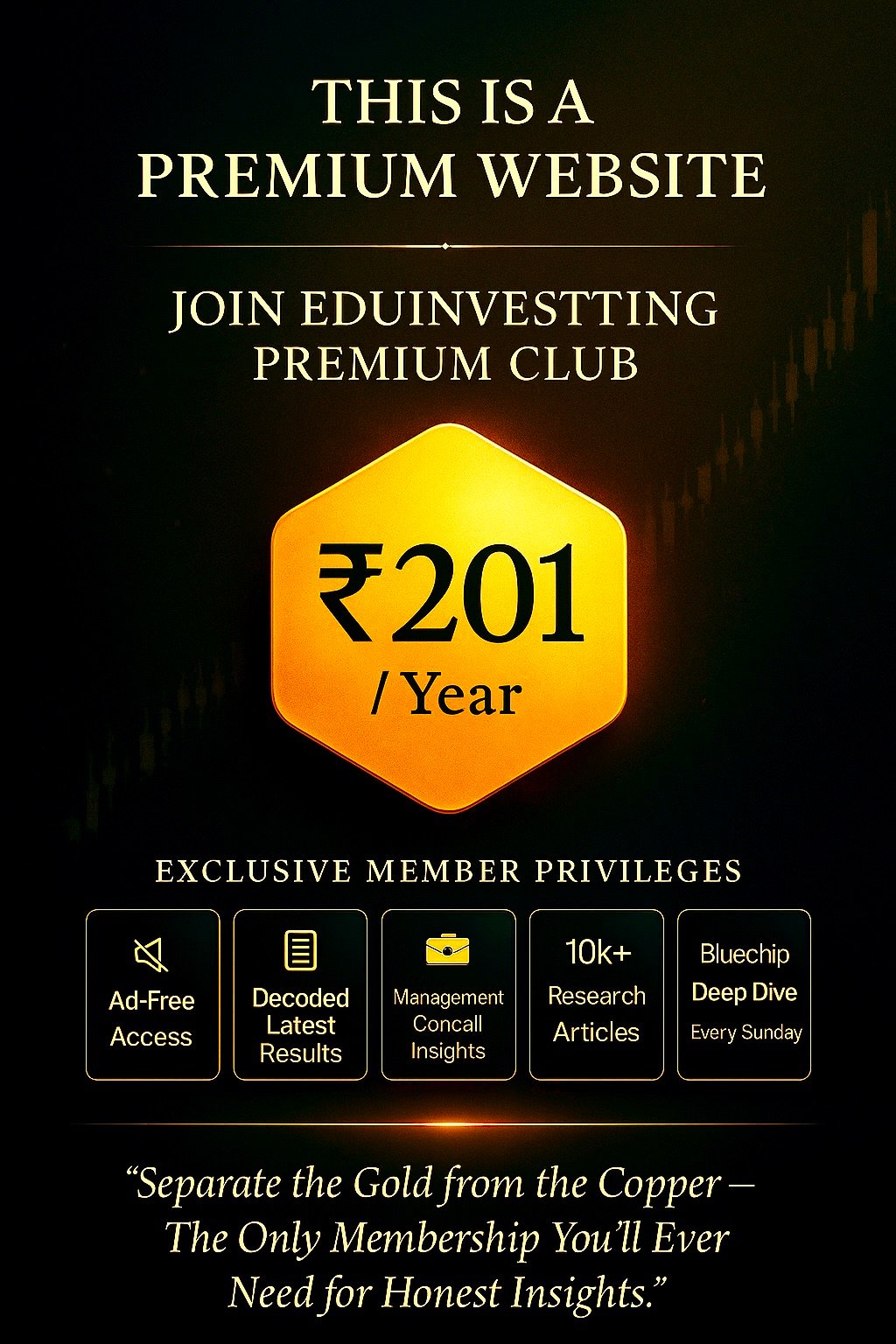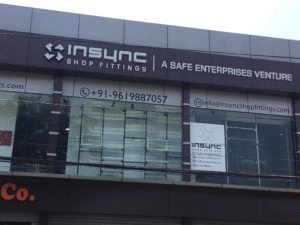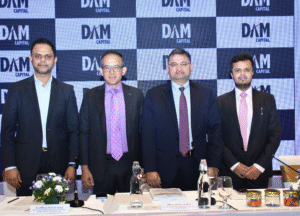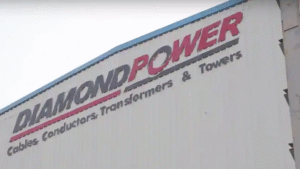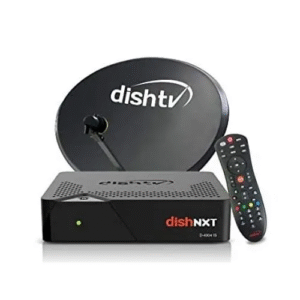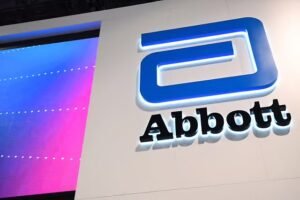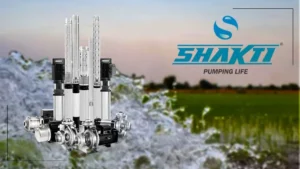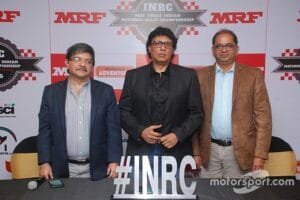1. At a Glance
Castrol India is the OG “engine oil stock” that your uncle has been holding since the Maruti 800 era. With over51% lubricant market share, three mega plants, and BP Plc as its parent, the company prints cash every quarter like it’s blending not oil but ATM ink. It pays royalties to Castrol UK (3.5% of sales, capped at 10% PBT), but even after that, margins remain chunky. In an auto world shifting to EVs, Castrol has pre-emptively hedged—launching EV fluids, auto-care products, and signing collabs with Jaguar racing. Basically, if India drives, Castrol thrives.
2. Introduction
Think of Castrol India as the invisible giant in your garage. No one brags about buying engine oil, but without it, your bike would cough louder than a 90s diesel truck.
The company is part of the British oil empire (BP Plc), and it’s been blending and selling lubricants in India for decades. Its dominance is staggering: half the Indian lubricant market, strong OEM tie-ups, and brand recall that makes “Castrol Active” sound like a sports drink.
But there’s an elephant in the parking lot: EVs. As internal combustion engines phase out, will Castrol become the Kodak of oil? Management doesn’t think so. They’re diversifying into EV fluids, auto-care accessories, and even industrial lubricants for IT cooling/data centers. In other words, they’re making sure that even when your bike doesn’t need engine oil, your server racks will.
And did I mention dividends? Castrol is famous for fat payouts. The stock is less “growth rocket” and more “steady income generator”—a financial scooter that never breaks down.
3. Business Model (WTF Do They Even Do?)
Castrol is in themanufacturing and marketing of lubricants and auto-care products.
Portfolio:
- Automotive lubricants– cars, motorcycles, CVs (core).
- Industrial lubricants– machinery, energy, marine, IT cooling.
- New segments– EV fluids, premium auto-care accessories.
Market Share (Q2 FY24):
- Total lubricants:
- 51%
- Cars: 39%
- Motorcycles: 28%
- Commercial vehicles: 20%
Distribution:
- 350+ distributors, 800+ sub-distributors, reaching 1.5 lakh touchpoints.
- 14 depots, 3 grease/filling units, 23 blending plants worldwide (3 in India: Silvassa, Patalganga, Paharpur).
Parentage:
- Owned by BP Plc, one of the seven oil supermajors.
- Trusted partner for VW, Audi, BMW, Jaguar.
Revenue Model:
- Sell lubricants (high margins).
- Pay ~₹80–110 Cr in royalties to Castrol UK.
- Share leftovers generously as dividends.
4. Financials Overview (Latest Trends)
(illustrative snapshot based on typical Castrol quarterly run-rate)
| Metric | Latest Qtr | YoY Qtr | Prev Qtr | YoY % | QoQ % |
|---|---|---|---|---|---|
| Revenue | ₹1,250 Cr | ₹1,150 Cr | ₹1,180 Cr | 8.7% | 5.9% |
| EBITDA | ₹320 Cr | ₹290 Cr | ₹305 Cr | 10.3% | 4.9% |
| PAT | ₹220 Cr | ₹200 Cr | ₹210 Cr | 10.0% | 4.8% |
| EPS (₹) | 2.2 | 2.0 | 2.1 | 10% | 4.8% |
Annualised EPS ~₹8.8.At CMP ~₹150 (historical range), P/E ~17.
5. Valuation (Fair Value Range Only)
- P/E Method:EPS ₹8.8 × 15–20 = ₹132 – ₹176.
- EV/EBITDA:EV ~₹12,000 Cr; EBITDA ~₹1,200 Cr → EV/EBITDA ~10. Peers trade ~12–15. FV ~₹145 – ₹185.
- DCF Lite:Assuming flat 5–6% growth (low growth, high payout), FV ~₹140 – ₹170.
📌Fair Value Educational Range:₹135 – ₹180.(For educational purposes only, not investment advice.)
6. What’s Cooking – News, Triggers, Drama
- EV Hedge
